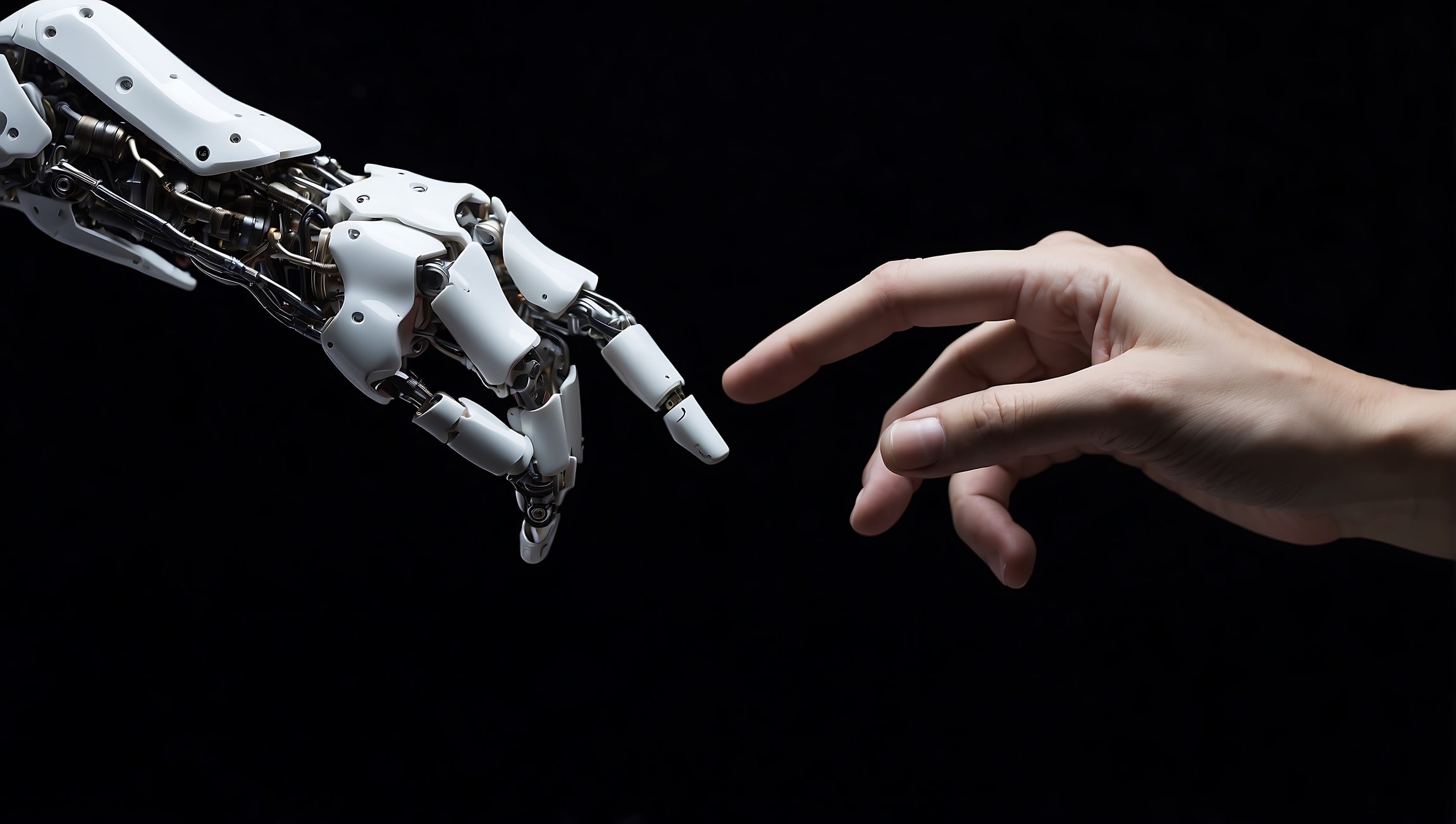
Yet, despite the breathtaking advances in machine learning, neural networks, and deep learning, AI still struggles with what humans do naturally: intuition, empathy, ethics, and the messy unpredictability of life. Recognizing these limitations is crucial because human judgment, creativity, and moral reasoning remain irreplaceable in society, business, and culture.
AI excels at pattern recognition. Systems can analyze enormous datasets in seconds, identify anomalies, and make predictions based on probabilities. IBM’s Watson famously won “Jeopardy!” in 2011 by processing millions of documents to answer questions faster than humans. More recently, AI has been applied to medical imaging, legal research, and financial modeling. These capabilities are impressive, yet AI is fundamentally reactive, not conscious. It does not “understand” context, intention, or meaning in the human sense.
Kai-Fu Lee, former head of Google China and founder of Sinovation Ventures, emphasizes:
“AI can outperform humans in specific tasks but lacks understanding, creativity, and empathy. These uniquely human skills are what define our value in the age of machines.”
(Source: Lee, Kai-Fu. AI Superpowers, 2018)
In other words, AI can simulate comprehension but cannot truly grasp subjective experiences, ethical dilemmas, or the cultural nuances that guide human behavior. These limitations are more than theoretical – they affect decisions in healthcare, criminal justice, and leadership.
AI-generated art and music are rapidly improving. Systems like OpenAI’s DALL·E and Google’s MusicLM can produce images and compositions from text prompts. Yet these creations remain derivative. They rely on massive datasets of existing human work and statistical prediction to generate outputs, rather than genuine insight or innovation.
Margaret Boden, cognitive scientist and author of Artificial Intelligence and Natural Man (1977) and Creativity and Artificial Intelligence (1998), explains:
“AI can generate ideas that are combinatorial or exploratory, but it cannot produce the truly transformational creativity that humans can. Originality requires intuition, emotional depth, and a sense of meaning.”
The human ability to imagine alternatives that have never existed, to combine seemingly unrelated concepts with purpose, remains out of reach for algorithms. This is why artists, designers, and inventors still rely on human intuition – even as AI accelerates ideation.
AI has made strides in “emotion recognition,” analyzing facial expressions, voice tonality, or text sentiment. Yet reading signals is not the same as feeling them. Empathy – the capacity to understand and respond to another person’s emotional state – is a human skill that involves ethics, context, and moral imagination.
Daniel Goleman, psychologist and author of Emotional Intelligence (1995), notes:
“Emotional intelligence is what makes us human. Machines can detect patterns in emotion, but they do not experience, respond to, or care about those emotions.”
This distinction matters in leadership, healthcare, and social work. While AI can suggest interventions or flag issues, only humans can genuinely connect, comfort, and motivate others, particularly in crises or complex ethical situations.
AI also struggles with ambiguity. Algorithms operate on rules and probability, but humans navigate ethical gray zones. Consider autonomous vehicles: how should a self-driving car respond when a collision is unavoidable? These scenarios require ethical reasoning informed by values, culture, and empathy. Machines can suggest outcomes but cannot weigh moral priorities like a human conscience can.
Virginia Dignum, professor of Responsible Artificial Intelligence at Umeå University, explains:
“AI will always be a tool; the responsibility for ethical decisions remains with humans. Our challenge is to ensure that AI supports, rather than replaces, moral agency.”
Failing to recognize this risk can result in decisions that are technically optimal but socially harmful, from biased hiring algorithms to algorithmic sentencing in criminal justice.
The most promising future is not one of competition but collaboration. AI can handle repetitive, data-intensive, or computationally complex tasks, freeing humans to focus on strategy, empathy, and creativity. In healthcare, AI can analyze medical scans faster than doctors, yet it is the physician who interprets the results in context, considers patient history, and communicates decisions compassionately.
Fei-Fei Li, AI researcher at Stanford University and co-director of the Stanford Human-Centered AI Institute, highlights:
“AI is most powerful when it amplifies human intelligence rather than replacing it. Human judgment, intuition, and compassion are essential to guide AI responsibly.”
This principle extends beyond healthcare. In business, education, and environmental strategy, human oversight ensures that AI tools are aligned with societal values and long-term goals.
Ironically, the rise of AI has made human skills more critical, not less. As machines take over routine cognitive work, uniquely human traits – creativity, empathy, ethical reasoning, curiosity – define professional and social value. Organizations increasingly prioritize leadership that emphasizes emotional intelligence, diversity of thought, and collaborative problem-solving.
Consider Satya Nadella, CEO of Microsoft:
“Empathy makes you a better innovator. Understanding people’s needs allows you to build technology that truly empowers them.”
(Source: Nadella, Satya. Hit Refresh, 2017)
Education systems are also evolving to cultivate these skills. Schools are integrating social-emotional learning, collaborative projects, and critical thinking exercises to prepare students for a future in which AI is a collaborator rather than a competitor.
AI has made remarkable strides, yet its abilities remain bounded by patterns, probabilities, and datasets. Machines cannot feel, imagine, or ethically reason. Humans remain the stewards of creativity, empathy, and morality. Recognizing these limitations is not a weakness; it is a strategy for leveraging AI effectively while protecting what makes life meaningful.
The message is clear: human skills are irreplaceable. By cultivating creativity, empathy, ethical judgment, and collaboration, society ensures that AI amplifies rather than diminishes our potential. Human after all, we remain the indispensable element in every equation, every innovation, and every decision.